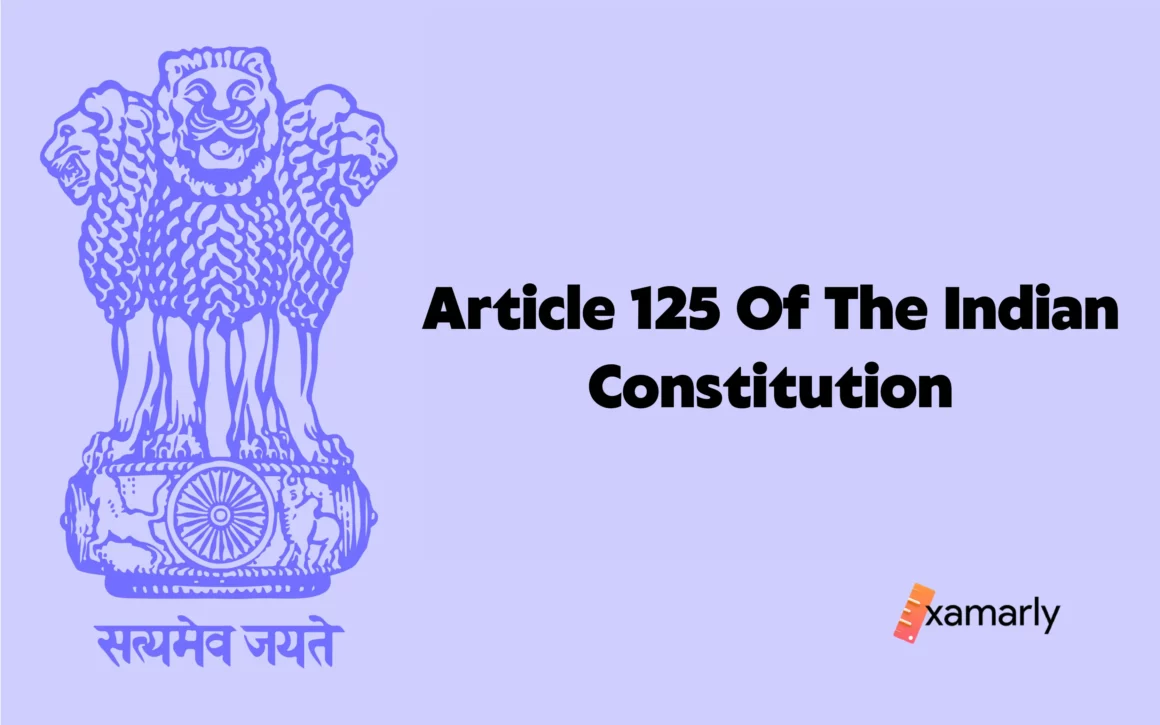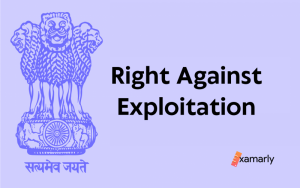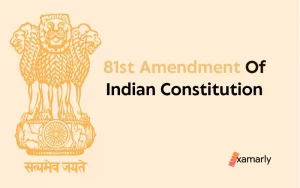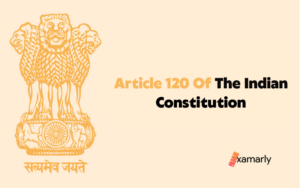Overview
- Overview
- Article 125 of the Indian Constitution – In Detail
- Summing Up
- FAQs
- What is the current salary of a judge of the Supreme Court of India?
- Who has the authority to decide upon the salaries and the provisions of a judge of the Supreme Court Of India?
- Who earns more IAS or Judge?
- Do judges pay income tax?
- What facilities does a judge have aside from the salary he receives?
- How much pension is a judge entitled to receive after his retirement?
Article 125 of the Indian Constitution talks about the financial privileges and allowances that are defined for the judges of the Supreme Court. Like any other financial privilege, even government officials leverage the financial gains from their offices.
We will get to know all about it.
Let us get to know all about it in detail and grasp all the concepts mentioned in Article 125 of the Indian Constitution.
Article 125 of the Indian Constitution – In Detail
Article 125 of the Indian Constitution has two subclauses that define the measures and protocols regarding salaries and allowances.
We will understand each and every concept by breaking down both clauses one by one.
Clause 1 – As it is & Explained
1 [(1) There shall be paid to the Judges
of the Supreme Court such salaries as may be determined by Parliament by law
and, until provision in that behalf is so made, such salaries as are specified in
the Second Schedule.]
The first clause of Article 125 of the Indian Constitution says that the salaries that have to be paid to the Judges are specified in the Second Schedule of the Indian constitution.
These salaries are specified and will be as it is until some law in the Parliament changes the specifications of these salaries and allowances from time to time.
Clause 2 – As it is & Explained
(2) Every Judge shall be entitled to such privileges and allowances and to such
rights in respect of leave of absence and pension as may from time to time be
determined by or under law made by Parliament and, until so determined, to such
privileges, allowances and rights as are specified in the Second Schedule: Provided that neither the privileges nor the allowances of a Judge nor his
rights in respect of leave of absence or pension shall be varied to his
disadvantage after his appointment.
The second clause of Article 125 of the Indian Constitution says that every judge is entitled to receive some privileges and allowances. These privileges and allowances are defined in the second schedule of the Indian Constitution.
Until the Parliament lawfully redefines these privileges and allowances lawfully, these will be as it as mentioned by the Second Schedule of the Indian Constitution.
The second clause also says that even if the Parliament can never alter the privileges or the allowances, it can alter the allowances to the disadvantage of the judge. For example, if a judge is receiving a particular amount of salary, then it has to increase with time and not decrease.
The same ought to happen with other privileges, like the number of servants a judge is getting, among others.
Related – Article 139 Of The Indian Constitution
Summing Up
We learned that Parliament has the power to define the salaries and allowances of the judges of the Supreme Court. Even if it may alter the provisions for the salaries and the allowances, it can alter them to the disadvantage of the judges.
FAQs
What is the current salary of a judge of the Supreme Court of India?
The current salary of a judge of the Supreme Court Of India is Rs.2,50,000/-p.m.
Who has the authority to decide upon the salaries and the provisions of a judge of the Supreme Court Of India?
The Parliament has the authority to define and decide on the salaries and allowances of a judge of the Supreme Court Of India.
Who earns more IAS or Judge?
80,000 per month. Along with a basic salary, the judges are entitled to allowances like house rent, fidelity, travel, and many more. Salary for IAS starts from 50,000/- and can reach up to 2,50,000.
Do judges pay income tax?
Remuneration received by judges is taxable under the head salary though they have no employer.
What facilities does a judge have aside from the salary he receives?
Government officials provide him with housing. Other benefits include a car, security guards, employees, and payment for their residential electrical costs.
How much pension is a judge entitled to receive after his retirement?
A judge is entitled to receive a pension of Rs.15,00,000/- per annum +Dearness Relief after his retirement.






